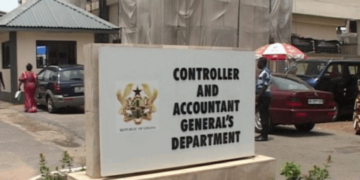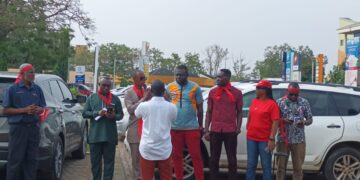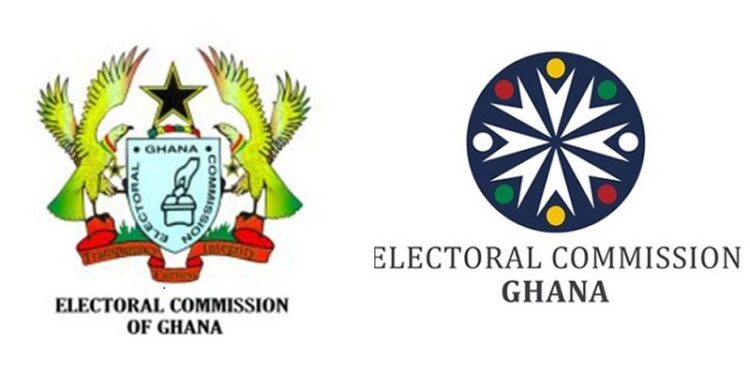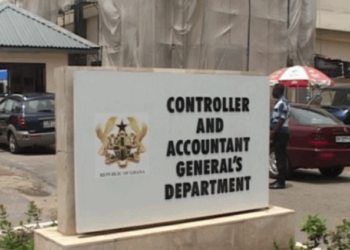The Electoral Commission (EC) has assured that it will provide an adequate number of tactile ballots in the upcoming general election to ensure that visually impaired voters can participate without difficulty.
In addition, the EC will prioritize making polling stations and voting booths accessible to persons with disabilities (PWDs), as well as marginalized and socially excluded groups. These measures aim to ensure that all eligible voters, regardless of physical ability, can cast their ballots without any hindrance.
This was stated by Kofi Dzakpasu, the Volta Regional Director of the EC, during an event in Ho last Thursday. The event was held by the Africa Disability Institute (ADI) in collaboration with Star Ghana Foundation to launch a project that promotes the inclusion of PWDs in the electoral process. The project is being funded by the Foreign Commonwealth and Development Office of the United Kingdom.
Ensuring Voting Accessibility
The launch brought together representatives from political groups, the National Commission for Civic Education (NCCE), the Department of Social Welfare, other state agencies, and civil society organizations, including the Ghana Federation of Disability Organisations.
Dzakpasu noted that some PWDs would be allowed to choose a family member or the presiding officer to assist them in casting their votes. He emphasized that the EC would continue its commitment to ensuring that no eligible person is excluded from the voting process.
Read Also: Global Handwashing Day: Minister urges renewed focus on hygiene and disease prevention
As part of these efforts, the EC will consider qualified PWDs when recruiting polling officers for the election.
The ADI Project
Charles Nyante, the Operations Manager of the ADI, outlined that the project would be implemented in both the Volta and Oti regions. In the Oti Region, the project would cover Nkwanta North, Krachi West, Krachi Nchumuru districts, and the Nkwanta South municipality. Meanwhile, in the Volta Region, it will be implemented in Adaklu, Akatsi North, Central Tongu, Ho West, and Agotime-Ziope districts, along with the Ketu South municipality.
Nyante explained that the project’s main goal is to improve access to voting centers and voting materials for PWDs. Additionally, it will involve training electoral officials in these regions to be more sensitive to the needs of persons with disabilities.
“The right to participate in elections is universal, and ADI is committed to ensuring that PWDs can exercise that right without barriers,” Nyante stated.
Commitment to Inclusive Elections
Daniel Kwabla Gbologa, the Human Resource Manager of the Volta Regional Coordinating Council, pledged that the council would ensure every eligible person could vote freely and without any barriers. “Every voter is important in the electoral process,” he stressed.
Additionally, Edmond Babatunde, the Programmes Officer of the NCCE’s Regional Office, assured that the commission would continue to conduct robust public education campaigns on the electoral process to guarantee that the election proceeds smoothly for all voters.

























